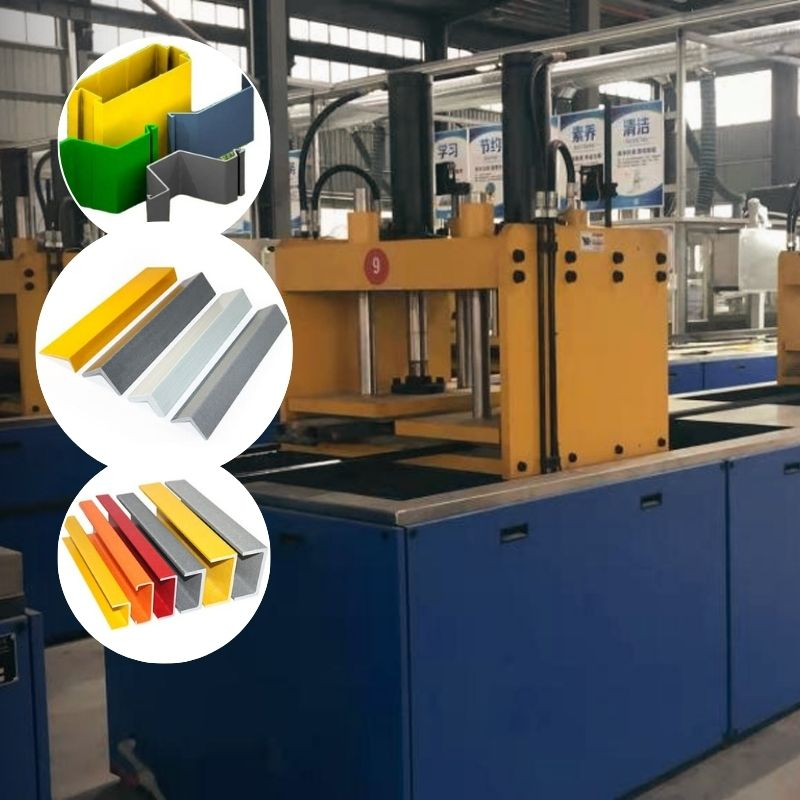How Heat Pumps Work
Heat pumps are innovative systems that transfer heat rather than generate it, making them energy-efficient alternatives to traditional heating and cooling methods. By extracting warmth from the air, ground, or water and transferring it indoors, heat pumps maintain a comfortable indoor temperature even in colder months. During summer, this process reverses to provide cooling. Unlike combustion-based systems, heat pumps use electricity to operate, reducing reliance on fossil fuels. Their dual functionality means homeowners only need one system for year-round comfort, contributing to both convenience and reduced equipment costs.
Environmental and Economic Advantages
One of the biggest benefits of heat pumps is their low environmental impact. Since they use existing heat rather than creating it, they consume significantly less energy. This translates into lower utility bills and a smaller carbon footprint. In regions with moderate climates, heat pumps can achieve energy efficiency rates of over 300 percent. Additionally, governments and utility providers often offer incentives and rebates for installing energy-efficient systems like heat pumps, making them a financially attractive option for homeowners looking to upgrade their heating solutions.
Types and Installation Considerations
There are various types of heat pumps available, including air source, ground source, and water source models, each suitable for different environments and needs. Air source heat pumps are the most common and are ideal for residential use, while ground source systems are more efficient but come with higher installation costs. Professional assessment is crucial to choose the right system based on climate, property layout, and energy goals. Proper installation and maintenance ensure optimal performance and longevity, making it important to work with certified installers who understand the technology and local requirements.

